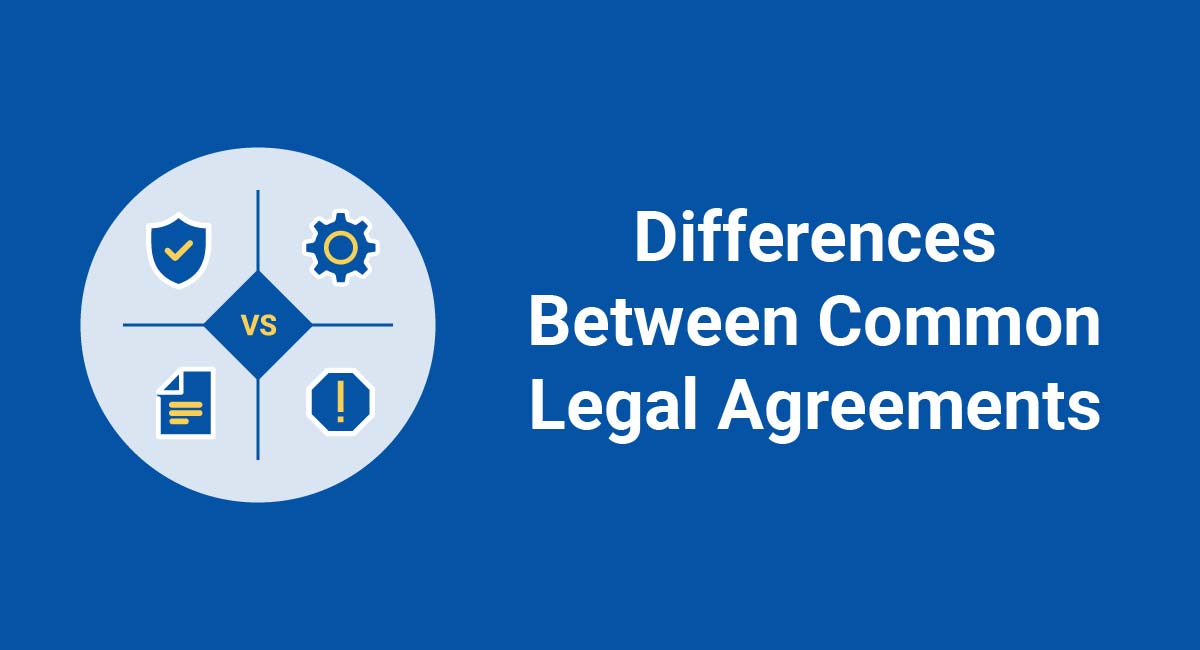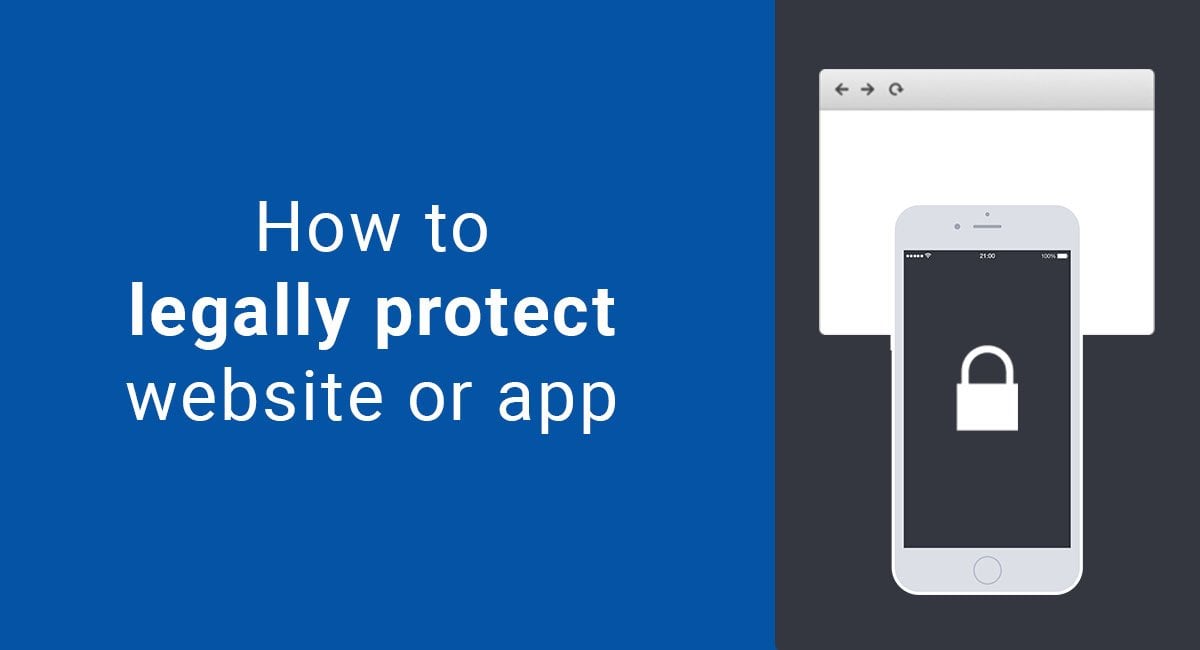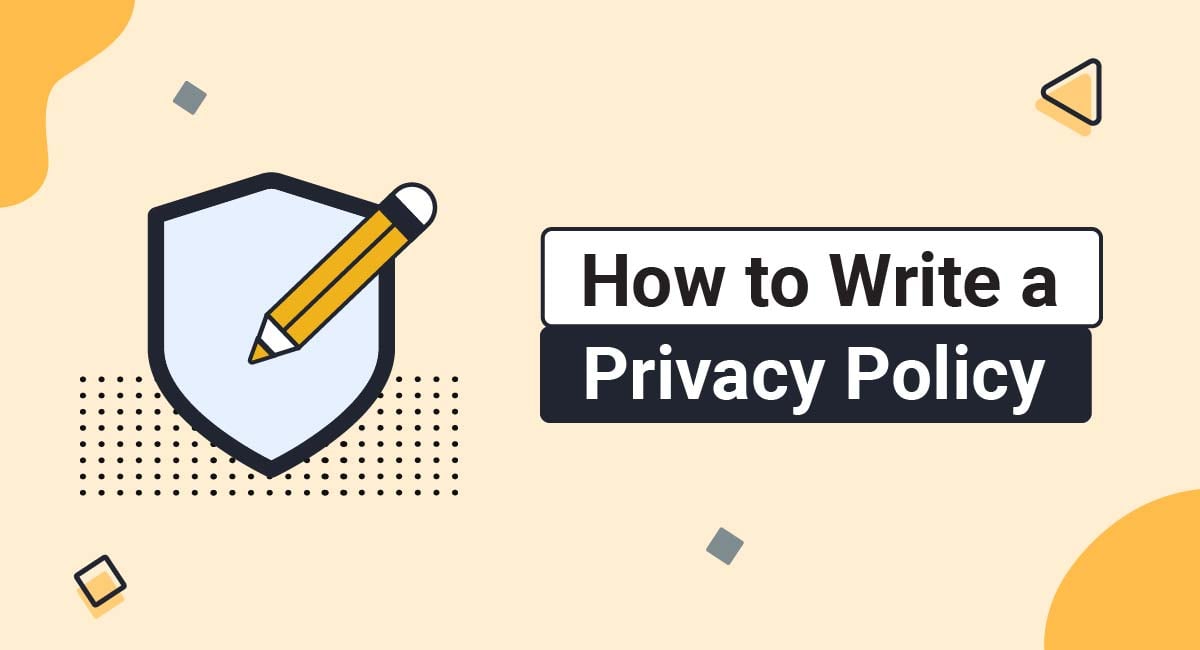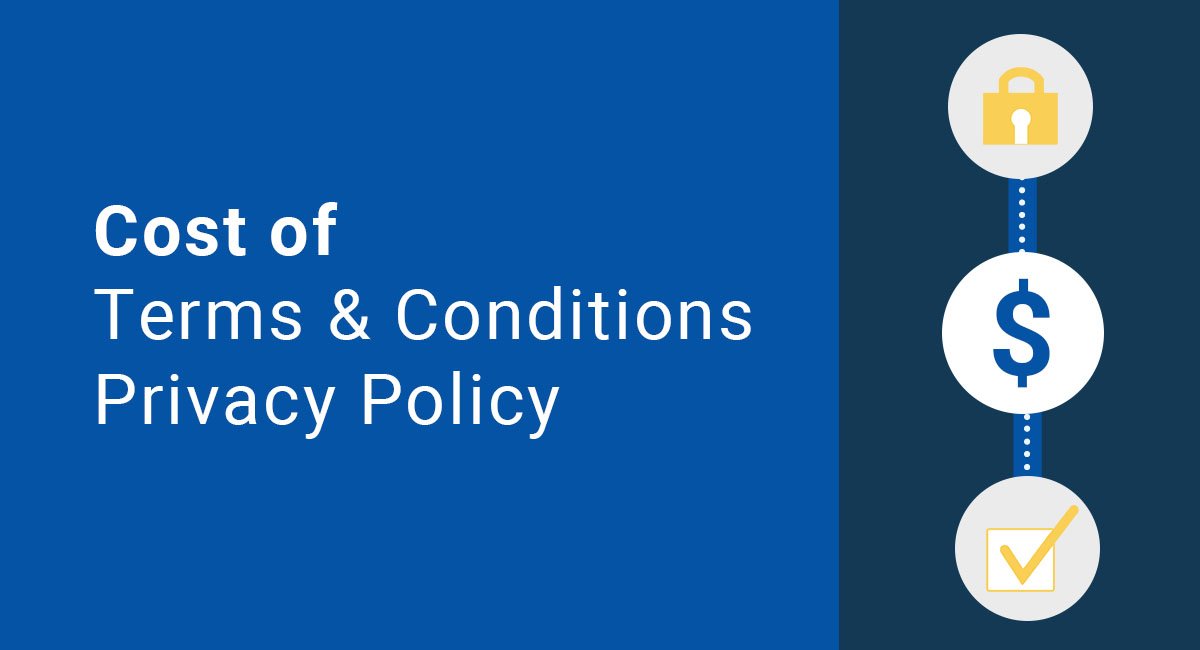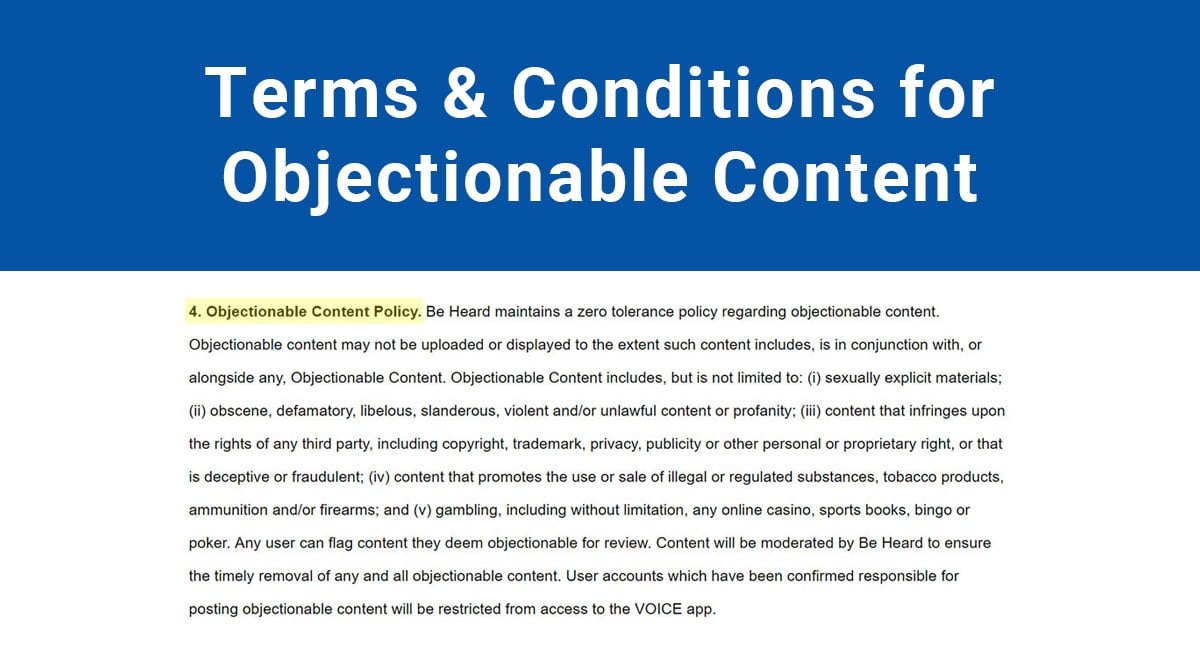Blog - Page 84
Legal articles in easy to understand language.
Differences Between Common Legal Agreements
While you may not require all of these common legal agreements for a website and/or mobile app, it's a good idea to be familiar with the agreements and the differences between them. Here are the differences between these essential legal agreements. Privacy Policy vs. Terms & Conditions The main difference between a Privacy...
How to Legally Protect Your Website or App
Creating, owning and operating a website or a mobile app can expose you to a variety of legal risks. These risks include copyright infringements, risks of liability, and unintentional violation of international privacy laws, just to name a few. There are a number of things you can do to legally protect...
How to Write a Privacy Policy
A Privacy Policy is a document that notifies your website's users on specific issues concerning their personal, private information. Specifically, it lets users know what type of information you collect, why you collect it, how you will use it, whether you share or sell it, and how you will protect...
Disclosures for Affiliate Links
An affiliate link disclosure is a statement that informs your users about an affiliate relationship you engage in. It lets them know that you are being compensated in some way for your promotion of a company or product via a link. It's legally required in many circumstances. This article will break down...
Cost of Terms & Conditions and Privacy Policy
As with many legal services, business owners frequently have questions about the cost of drafting Terms & Conditions and Privacy Policy agreements. Here is the short answer: there is no "fixed" cost for these agreements. You will not find "one set price" for these legal agreements that your website or mobile app...
Terms & Conditions for Objectionable Content
Objectionable content is content that most users would find to be offensive, upsetting, or inappropriate. If you run a website/mobile app that allows user-generated content such as posts, comments and other ways that your users can interact, you're going to want to retain the right to remove any objectionable content that...
